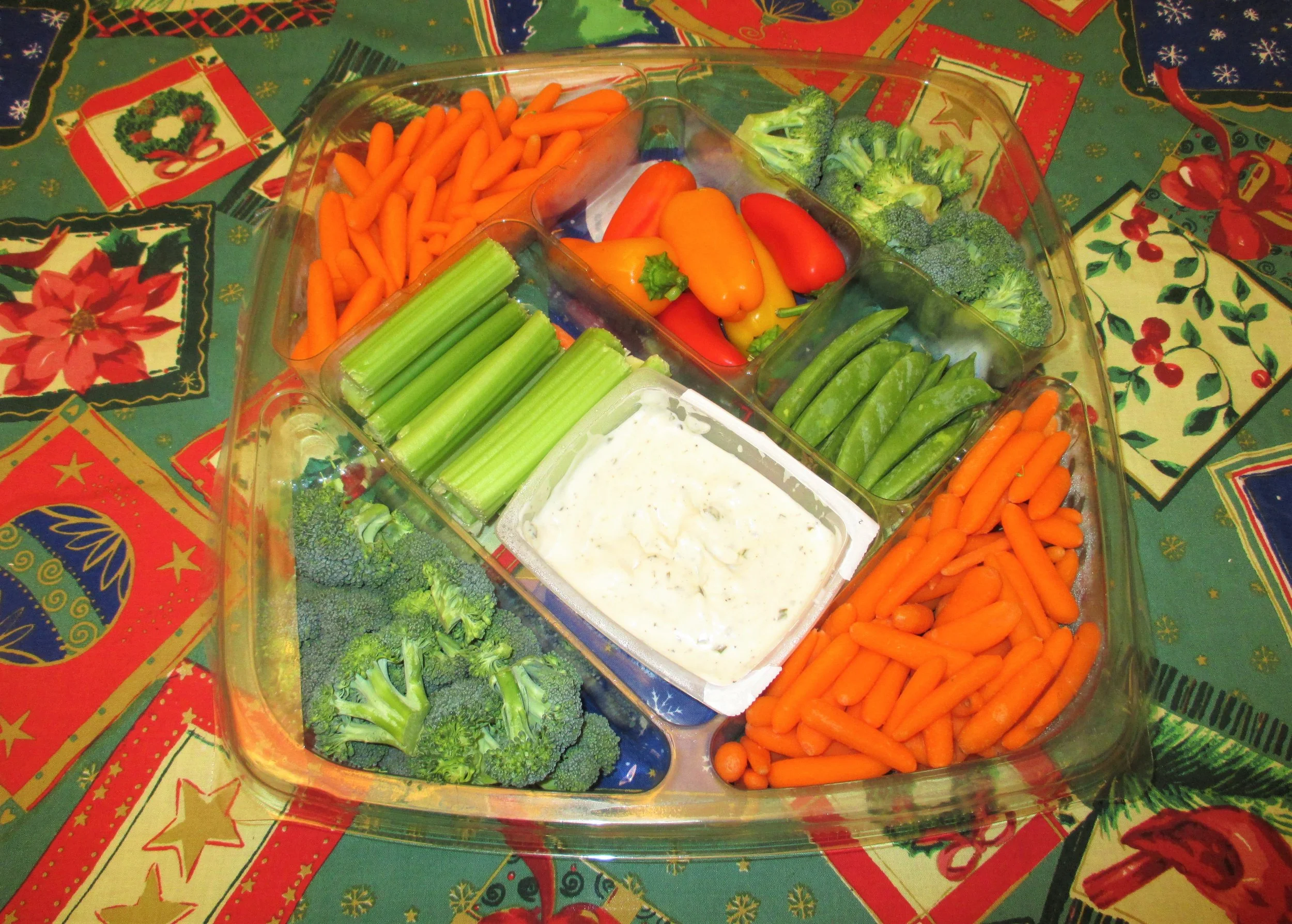Psst. Hey you! Yea, the one in the short lab coat with the big brain. Recently I referred a friend to the primary care doctor you’re currently training under. You see, my friend had been complaining about a lot of uncomfortable gastrointestinal symptoms which she had never discussed with a doctor. Rather than just starting her on a diet for IBS (which as a registered dietitian I very well could have), I sent her in for an appointment to make sure all other medical causes of her symptoms beyond diet were ruled out. Without even asking her what she was actually eating (and prior to seeing the doctor), you promptly diagnosed her with Irritable Bowel Syndrome and provided a handout from the Internet on the low fermentable oligosaccharide, disaccharide, monosaccharide and polyol diet or FODMAP for short. Helpful? Maybe not.
The FODMAP diet has gotten great media attention recently and for good reasons. For individuals who have IBS it may be the key to finding relief from bloating, diarrhea, gas and other uncomfortable GI side effects which occur when consuming certain foods. In this situation though, applying a complicated, although well researched diet to a person whose food intake you haven’t actually assessed? There may be a better approach.
Is it simply lactose intolerance?
Poor digestion of lactose, or the sugar in cow’s milk, is prevalent throughout the U.S. If your patient’s diagnosis is simply lactose intolerance you’ve now advised her to avoid multiple vegetables, fruits, wheat, beans, and various sources of fiber. Does she really need to limit her portion of avocado or pistachios when she simply needs to swap her two daily glasses of cow’s milk for a lactose free option?
What’s in that bar?
What if the real problem is that every morning at breakfast she’s eating a bowl filled with 15 grams of chicory root fiber or a bar with inulin as the second ingredient? Could the source of gas and bloating be her sugar free ice cream with both mannitol and sorbitol as ingredients? Without assessing her actual food intake and symptoms there would be no way to know that she simply needs to stop consuming those particular products, rather than restricting her intake of more than one hundred food items.
Water, water everywhere?
Could the fact that her caffeine habit, a can of soda twice a day (a source of high fructose corn syrup) along with a fruit smoothie is the cause of the diarrhea? Fructose intolerance can occur in the same way as lactose intolerance, but is often ignored as a source of GI problems.
Unknown Antibodies?
What if the real problem is celiac disease? By handing her the fodmap diet without testing for celiac antibodies you have now rendered this mode of testing completely inaccurate. This is the number one reason I ask a primary care physician to check for anti-gliadin antibodies BEFORE we implement a gluten free diet. Her choice to avoid wheat, rye and barley prior to testing for autoimmune disease will result in a false negative as she has now removed the trigger for an immune response. But why does this matter if she’s feeling better? Knowing you have an autoimmune disease versus simply avoiding gluten because you feel better will have significantly different influences on someone’s attitude and future decisions when presented with Grandma Susie’s famous gluten-laden chocolate cake.
There are other organs of digestion?
A few years ago a client that had been struggling with significant abdominal pain for 15 years told me she was sent to my office as a “last resort.” Seriously? During so many years of suffering, seeing a registered dietitian was never suggested by her physicians. And guess what? Fodmap didn’t fix her. We tried three different approaches to her diet and I played food detective for several weeks until we discovered the answer. In the end, a low fat diet was the perfect match for her undiagnosed bile reflux and persistent nausea. Her message thanking me for helping her escape the abdominal pain that had been plaguing her for 15 years was truly a blessing. Could I have resolved the issue without assessing her food choices and symptoms? Probably not in the next 15 years.
No diet will work if someone isn’t equipped to follow it. Inevitably if someone doesn’t truly understand and apply the diet guidelines accurately they won’t feel better. And if they don’t feel better they typically won’t continue with any of it. Six months later you’ll encounter someone who is still having issues. Is handing someone a paper a good substitute to reviewing food and beverage choices thoroughly with a client for 30 minutes? The answer is no.
As the only healthcare providers that extensively study food science along with medicine and evidenced based nutrition guidelines, registered dietitians understand thoroughly the subtle differences in how foods are digested and in this case, how they affect gastrointestinal symptoms. Medical nutrition therapy doesn’t center on handing someone a paper or pulling a diet out of a hat. In that hour that I spend with a patient I will assess, evaluate and educate on the most appropriate foods to choose based on that individual. I’m not a gambler, but I would put money on the fact that my training and experience may just trump your google search.
As a future physician you will be the authority figure among healthcare professionals. You will also be the gateway to comprehensive care. If you only have five minutes to truly help someone, why not hand them information about making an appointment with a registered dietitian nutritionist? Have them see an RDN and let us collaborate with you to truly help your patient. That’s what we’re here for!
Anyone can consult with and find a registered dietitian nutritionist at http://www.eatright.org/find-an-expert



